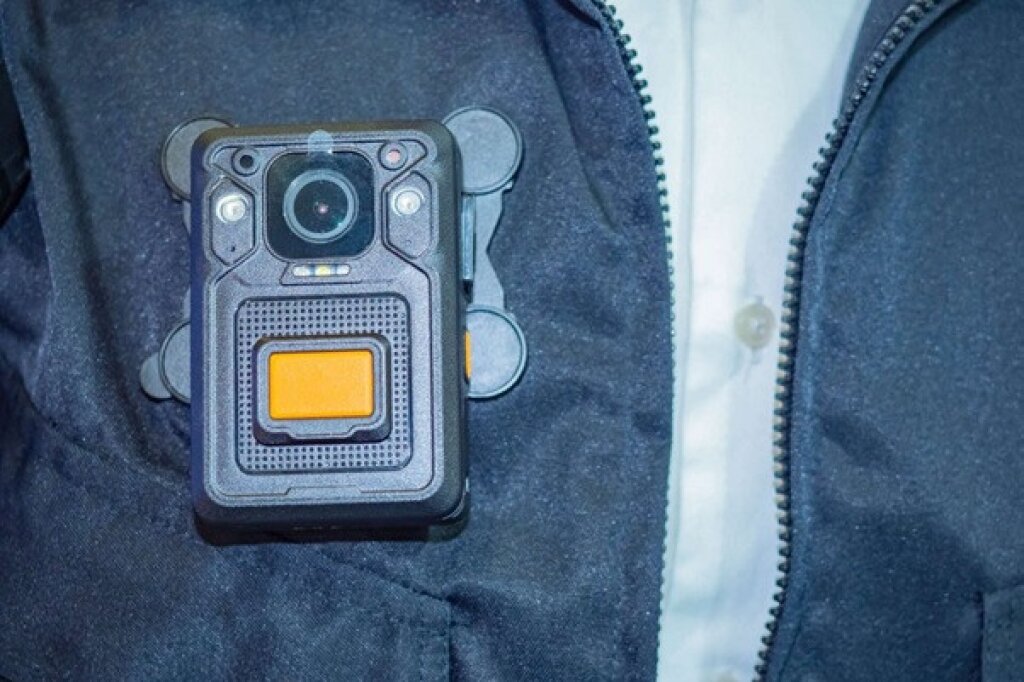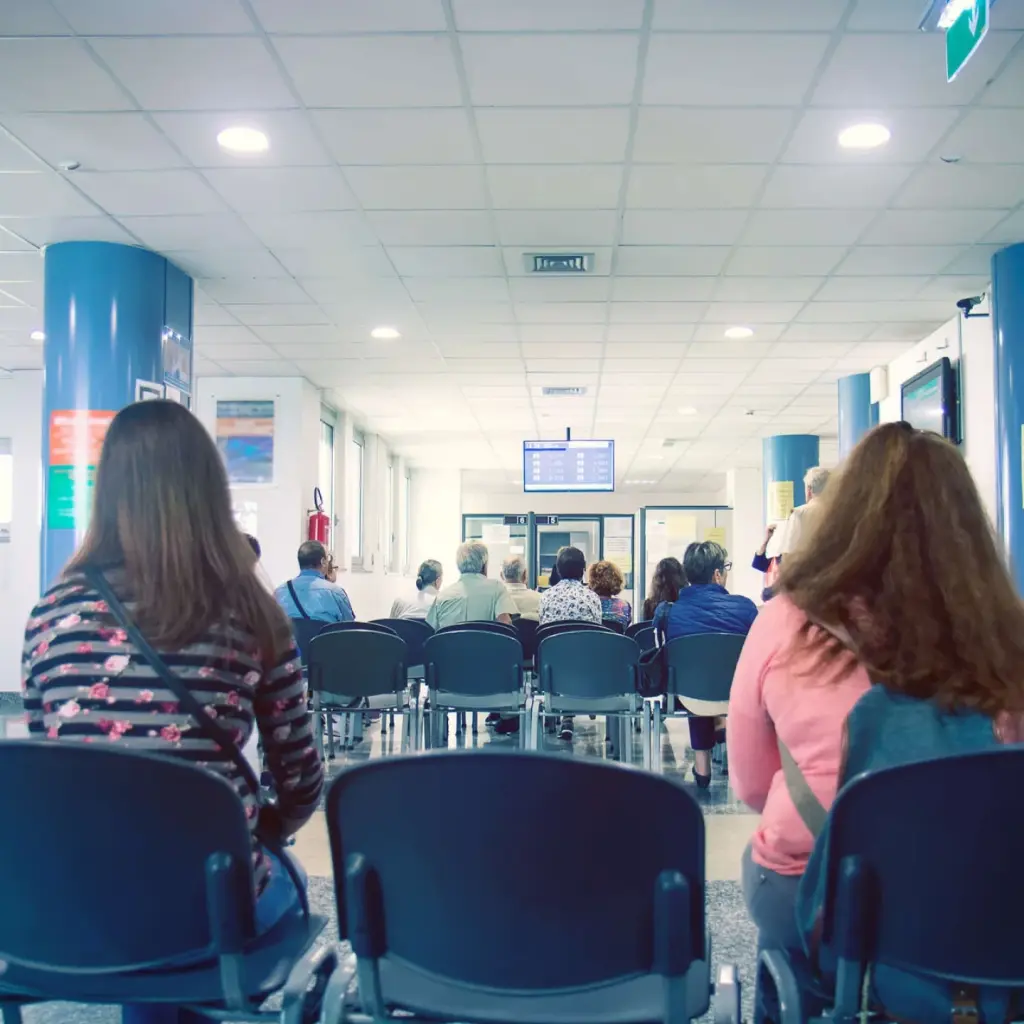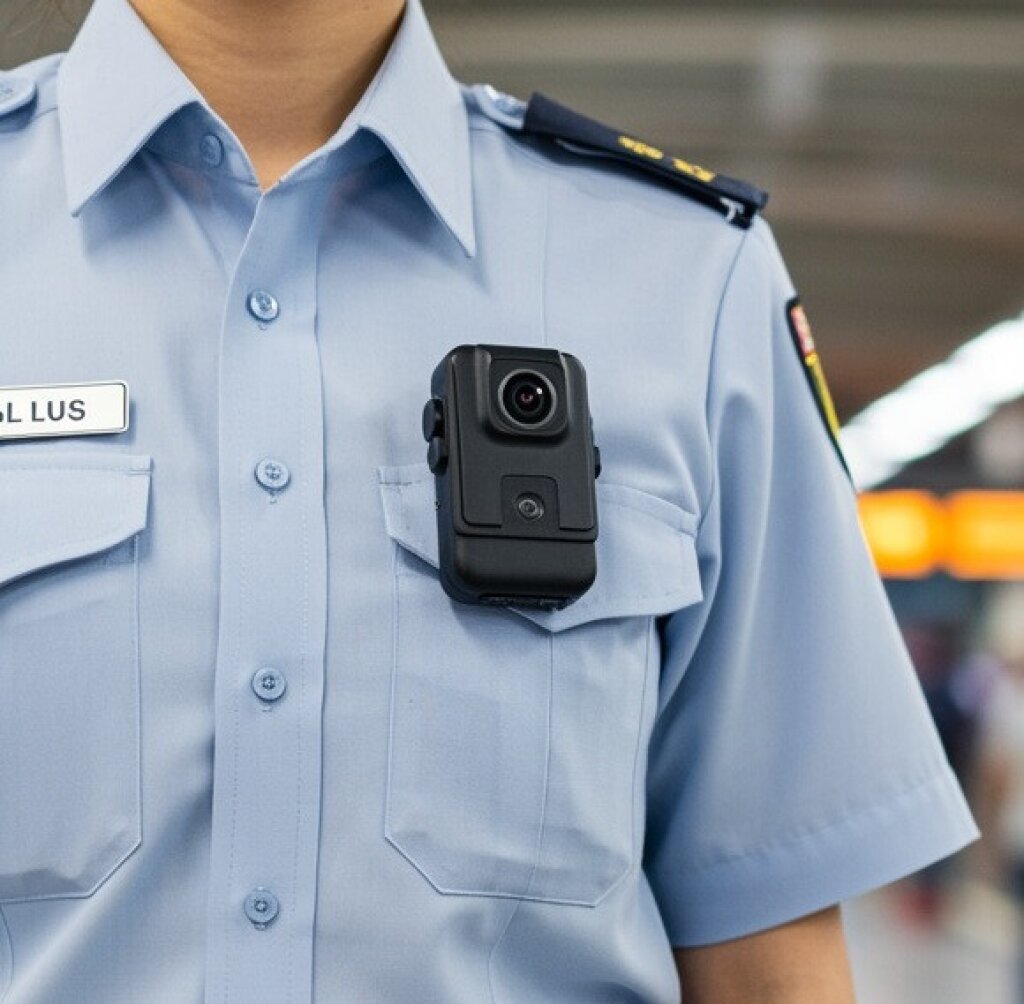Attacks on NHS staff and the use of body cams
In 2018, Facit brought attention to alarming statistics regarding aggression within NHS hospitals, and shed light on the urgent need for enhanced security measures, including the use of CCTV.
Today, incidents involving verbal and physical abuse, assault, and theft against NHS staff have reached intolerable levels, necessitating a comprehensive response from healthcare authorities.
Violence continues despite People Plan
Despite the implementation of the People Plan for 2020/21 aimed at safeguarding NHS workers and fostering a secure working environment, reports from various NHS Trusts indicate a surge in violent incidents.
For instance, North Tees and Hartlepool NHS Trust reported a 24% increase in violent incidents against staff from April 2021 to January 2022 compared to the previous year.
The Leeds Teaching Hospitals and other NHS bodies have also documented rises in violent events, which prompted 44 CEOs from NHS London Trusts and ICSs to declare a strict zero-tolerance policy towards abuse of staff in an open letter in 2022.
The prevalence of abuse has been described as reaching "dangerous" levels, and frontline healthcare workers have expressed concerns about their safety.

NHS aggression statistics prompt body cam use
In response to escalating violence, the NHS introduced the Violence Prevention and Reduction Standard in 2021, which underscored the need for stricter prevention measures.
The standard highlights that 14.3% of NHS staff have experienced physical violence within the last year. Paramedics faced an even higher rate of abuse at 31.4%. Violent incidents significantly contribute to work-related stress and staff attrition rates, and pose a threat to the NHS's operational integrity.
To address the escalating risks faced by healthcare professionals, the deployment of body cams has emerged as a proactive measure.
In 2021, the NHS in England initiated the distribution of body cameras to ambulance crews across the country, to empower medics to record instances of aggression or abuse for evidentiary purposes. Additionally, some Trusts have begun issuing body cams to nurses, thereby recognising the importance of enhancing staff safety in response to alarming incidents.
Specialist Trusts experience worst level of violence
According Nuffield Trust, the steepest rises in violent behaviour have been recorded in Acute Specialist Trusts and, most notably, in Mental Health/Learning Disability Trusts.
The incidents of violence and verbal assault are often extreme, and therefore prompt more complaints, and internal and third-party investigations.
Specialist Trusts have a frequent need to review video evidence of events, and a need to do so in a compliant manner that protects the privacy rights of all but the subject(s) of interest.
NHS commitment to staff safety
The implementation of CCTV and body cams underscores the NHS's commitment to ensuring staff safety and holding perpetrators accountable for their actions.
However, efficient and effective management of video footage is essential to avoid undue burdens on the NHS's already strained resources.
Forward-thinking security directors and data compliance officers are adopting strategic approaches to technology, budgeting and outcomes to streamline video processing while maintaining compliance with data privacy regulations.
Download our guide to managing BWC footage
Click on the button below to download Facit's guide to the importance, challenges and best practices associated with managing BWC footage.

NUH the latest to deploy body cams
In December 2023, Nottingham University Hospitals NHS Trust (NUH) introduced 220 body cams for clinical staff to use to help protect staff and patients from an increase in threatening and violent behaviour.
The extension of body cam use followed a rise in acts of violence and aggressions against NUH staff, which increased by more than 35% over a 12-month period.
The deployment follows a successful three-month trial in the Emergency Department. The cameras are worn in clear view and are only switched on when an individual is abusive, and after they have been told they will be recorded.
Medical Director, Keith Girling said: “"When our staff face aggression or sometimes even physical violence, it can have a serious impact on their shift, their day, their wellbeing and ultimately their ability to provide high quality care.”
Violence, CCTV, body cams and data compliance
The topics of violence, CCTV, body cams and data compliance involve complex and interconnected themes, each of which is critical. Let's break them down:
CCTV and body cams
CCTV and body cameras serve multiple purposes, including deterring criminal activity, providing evidence in criminal cases, and ensuring accountability.
Impact on violence
While surveillance can deter violence in public spaces by increasing the likelihood of being caught, it can also raise concerns about privacy and the extent of state or institutional control.
Data collection
Both CCTV and body cams collect vast amounts of data, much of which is personal. This data can include video and audio recordings, timestamps and location data.
Data compliance
Regulations like the GDPR govern how data must be handled. Compliance involves ensuring that data is collected, stored and processed lawfully, with proper consent, security, and rights for individuals to access or delete their data.
CCTV and body cam challenges
Balancing security and privacy is a major challenge. Ensuring that data collected by CCTV and body cams is used responsibly, with respect for individual rights, is essential to maintaining public trust.
The intersection of violence, surveillance and data compliance is a critical area of modern governance that requires careful consideration of ethical, legal and social implications.
Compliant video processing key to NHS safety objectives
The growing risks of abusive or criminal activities have prompted an increased use of CCTV and body cams.
The purpose of video is to anticipate events, manage events taking place, and investigate events that have happened. In the case of the NHS, it must be able to process video quickly and cost-effectively in order to protect staff, and to avoid additional burdens being placed on its stretched budgets and resources.
The forward-thinking Security Directors and Data Compliance Officers that we work with in the NHS adopt a strategic approach to technology, budgeting and outcomes. No organisation is in a position to take a wait-and-see approach to staff safety, as violent incidents are taking place at an alarming rate.
In the case of the NHS, it must be able to process video quickly and cost-effectively in order to protect staff, and to avoid additional burdens being placed on its stretched budgets and resources.
Identity Cloak is an in-house video redaction data privacy tool that enables users to review, process and share video footage and audio tracks quickly and compliantly.
There is no cost per redaction, and a video can be uploaded, redacted and exported in less than 10 minutes.
Contact us via the form below today to find out more.



